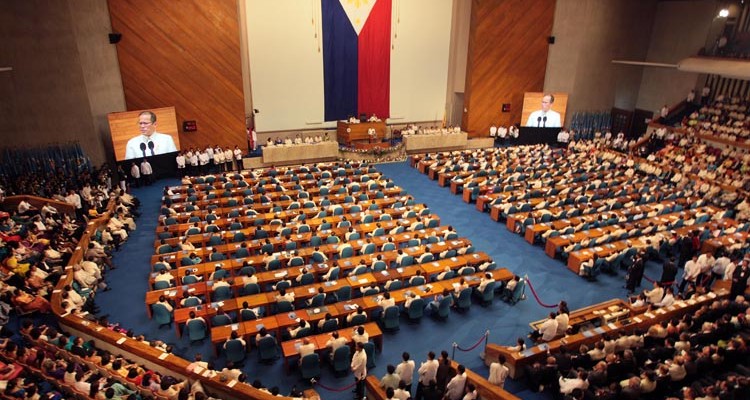Details are beginning to emerge in one of the largest cyber bank heists in history with the governor of Bangladesh’s central bank resigning along with two deputies being fired. $81 million was reportedly stolen from the bank’s U.S. account at the Federal Reserve and Reuters is reporting that $30 million of that was delivered to a junket operator in the Philippines. The balance made it into two casinos according to officials speaking before a Philippines Senate hearing, said Reuters.
Unknown cyber-criminals allegedly attempted to steal $951 million last month from the Bangladesh Bank’s Fed account and managed to get $81 million of that to entities located in The Philippines. Recovering the money could take months and bank officials have said the perpetrators are not likely to be caught.
In addition to Bangladesh central bank governor Atiur Rahman resigning, the government fired two deputy governors at the bank, according to Finance Minister Abul Maal Abdul Muhith. Bloomberg Business reports that the minister holds the Federal Reserve responsible for the stolen funds saying, “We kept money with the Federal Reserve Bank and irregularities must be with the people who handle the funds there,” he said. “It can’t be that they don’t have any responsibility.”
On March 7 a Federal Reserve spokesperson denied that any of the banks systems had been compromised and there was no evidence of any attempt to penetrate them in regard to the current issue.
The Philippine Daily Inquirer first broke the story on February 29th after holding off on publishing their findings at the request of the Anti-Money Laundering Council (AMLC) so the council’s investigators could complete their inquiry into the matter. World Casino News picked up the story immediately but declined to name the casinos allegedly involved until more information became available.
PAGCOR, the Philippine Amusement and Gaming Corporation who both oversees casinos in The Philippines, and operates them, began investigating accusations that some of the money had flowed through casinos under their watch, but said that money coming into casinos had already been through due diligence by the banks. They’ve since said that although they are willing to place casinos in the country under the Anti-Money Laundering Act, the action would provide no guarantee that similar instances could not happen again if entities upstream did not prevent them.
Pagcor chairman and chief executive, Cristino L. Naguiat, Jr. told reporters at a Senate hearing on money laundering today, “The inclusion of casinos among the establishments monitored for money laundering activities would not have prevented the systemic failure at the bank level because banks are the primary gatekeepers against illegal transactions,” Naguiat said.
He reiterated a position taken soon after it was announced that PAGCOR was investigating the incident, that it is incumbent upon the banks, not his organization, to determine that funds coming out of the banks are not originating from illegal sources as banks are mandated by law to do just that.
Three casinos have been implicated in the allegations, yet none have been publicly shown to be involved nor admitted any knowledge of the incident. Those mentioned by media, beginning with the Enquirer, are Midas Hotel and Casino, Solaire Resort and Casino, and City of Dreams Manila. Casinos are not currently covered by the country’s Anti-Money Laundering Act, but that is likely to change soon.
Teresita Herbosa, chief of the Securities and Exchange Commission as well as co-chair of the Anti-Money Laundering Council wants art dealings as well as casinos covered. “I’m sure they’ll be considered for the next round of amendments,” Herbosa told media at a regional meeting on Monday.
“We need to strengthen the law. Money laundering can only be stopped if everyone in the world cooperates,” she told reporters on the sidelines of the meeting.


